detail profile marcelle barry
Peran Yang Di Mainkan Marcelle Barry
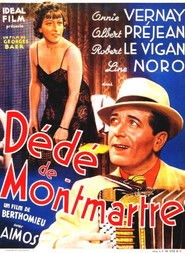 Dd de Montmartre former king of...
Dd de Montmartre former king of...Dédé la musique 1940
Dédé de Montmartre, former king of the accordion, has become a bad boy who lives off drug trafficking and prostitution. He sets his sights on a young girl, fresh and naive, Odette, saleswoman at Galeries Lafayette. But he is touched by the charm of this midinette.
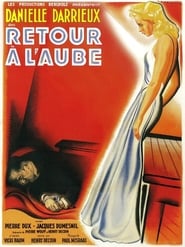 Married to Karl Ammer the station...
Married to Karl Ammer the station...Return at Dawn 1938
Married to Karl Ammer, the station master of Thaya, a Hungarian quiet village, Anita is a pretty young peasant who feels deeply bored. She dreams of another life while watching the daily express trains to Budapest. An incident will force her to leave her province: she has to go to Budapest to attend the funeral of an aunt and receive a share of the inheritance. After completing the formalities, Anita misses the train to go back home and then she finds herself alone in the capital.
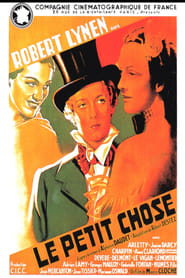 Now that their parents are ruined...
Now that their parents are ruined...The Little Thing 1938
Now that their parents are ruined, Jacques Eyssette and his younger brother Daniel, are driven to fend for themselves. Jacques becomes the secretary of a marquis who exploits him by making him work so hard that his health gets damaged. Daniel, on his part, is hired as a supervisor and Latin teacher in a school in the province. It soon happens that he is in a bad situation too as, after being subjected to repeated harassment, he ends up being fired. Daniel then decides to join Jacques in Paris, hoping to embark on a literary career. Unfortunately, Irma Borel, an actress, sets her sight on him and drags him into a life of vice.
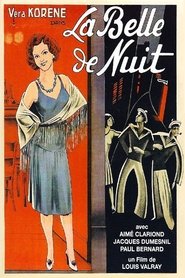 Based on a play by Pierre...
Based on a play by Pierre...La Belle de Nuit 1934
Based on a play by Pierre Wolff, about a wronged husband’s revenge on his wife and her lover, La belle de nuit is a major find, a work of uninhibited stylistic imagination that ranges from Sirkian stylization (an elaborate play of mirrors and doubles) to brutal realism (a tour of the bordellos of Marseille suggests the contemporary photographs of Brassaï).
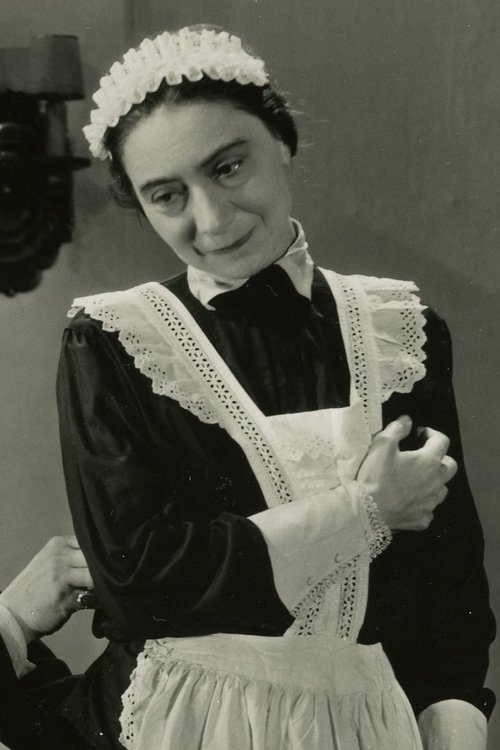
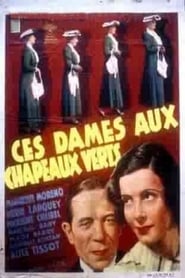 Arlette a young orphan girl is...
Arlette a young orphan girl is...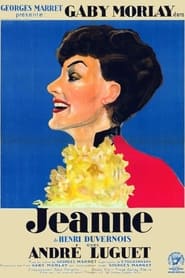
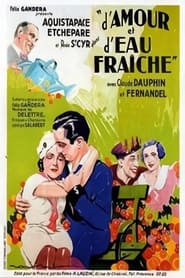 A young man is hit by...
A young man is hit by...